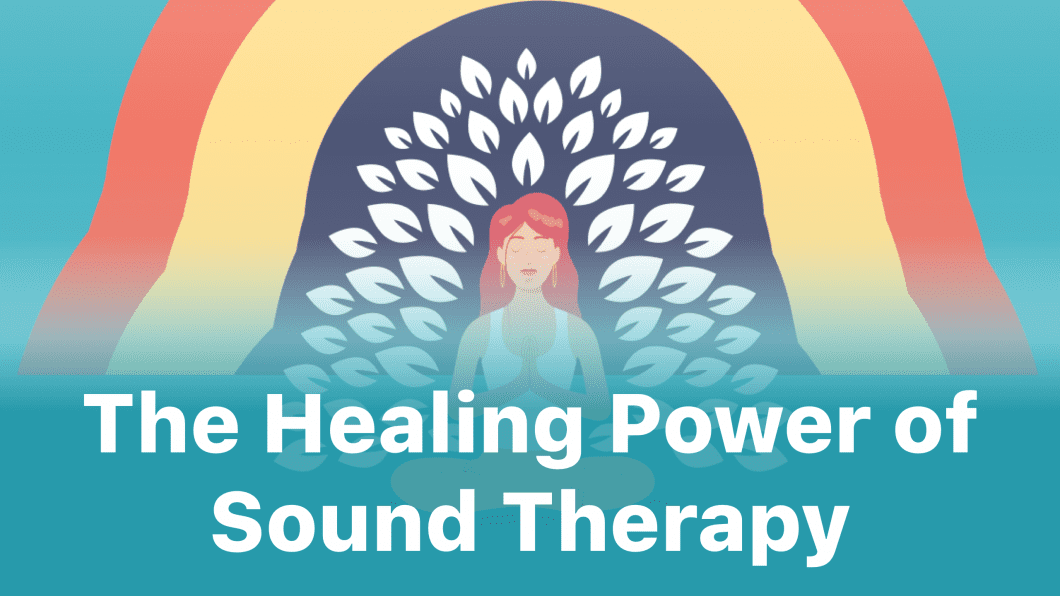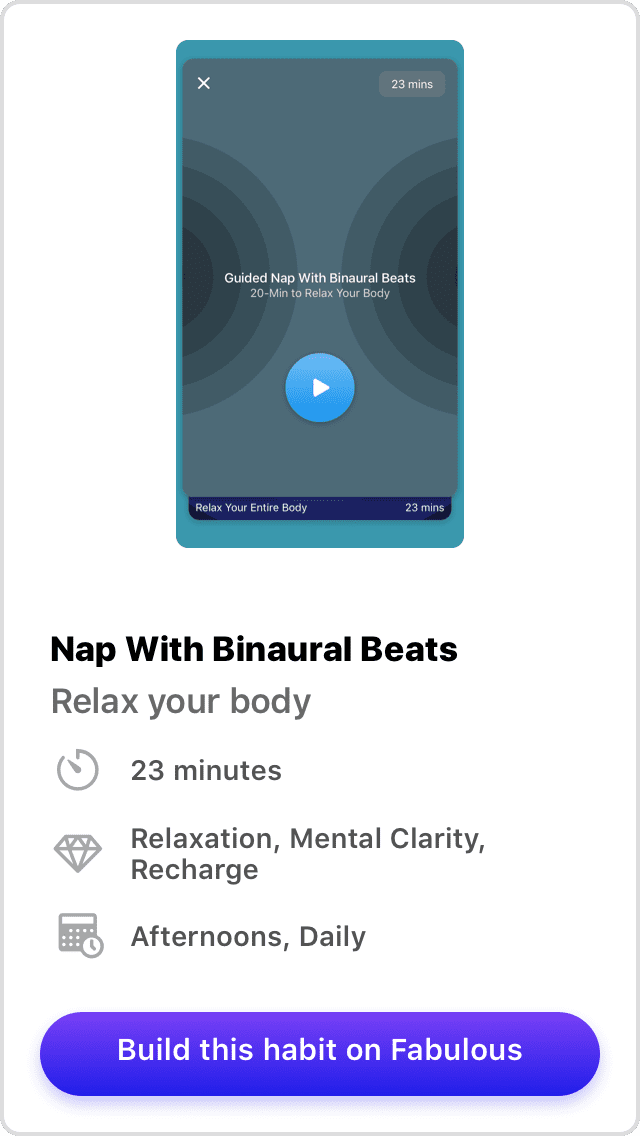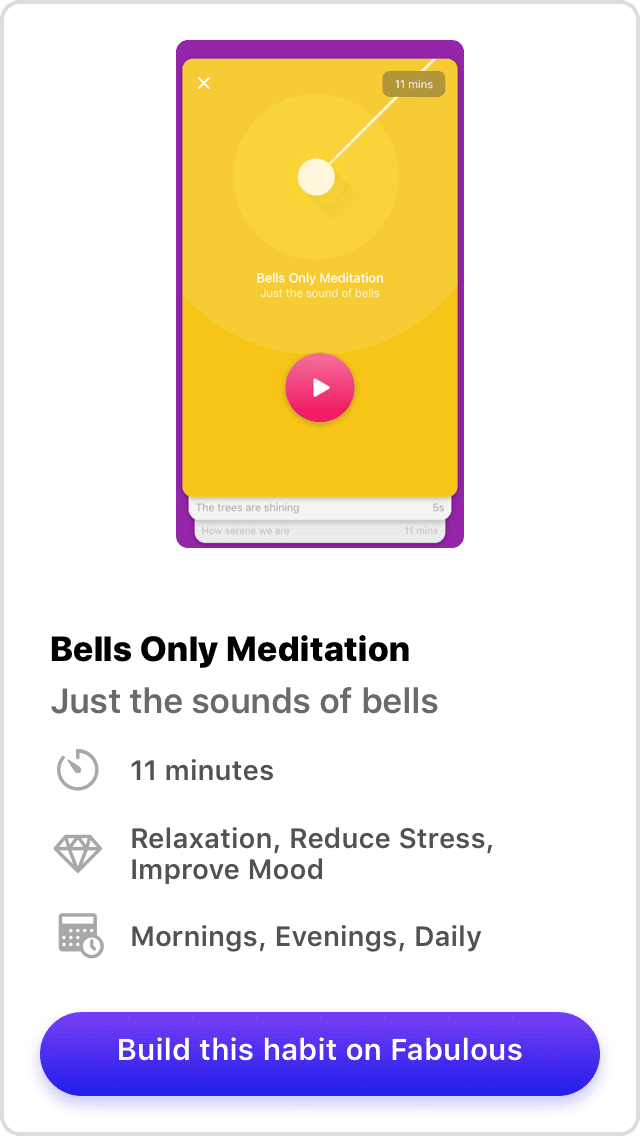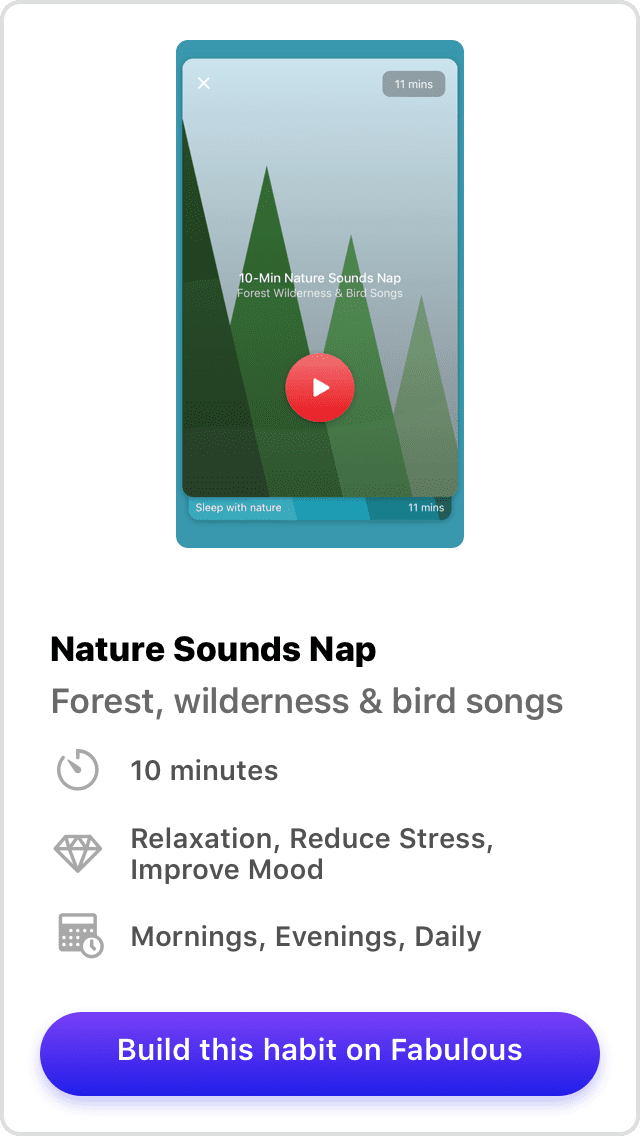Birds chirping. People talking. Sirens wailing. Whether we consciously acknowledge them or not, we are surrounded by sounds. Many of these sounds serve an important purpose. Babies cry, for example, to alert nearby adults that they need something. Church bells ring to alert parishioners of an upcoming service, or even just to tell us the time. But what if we could use sounds to heal our bodies and minds?
Sound therapy, the use of music and sounds to produce a positive or healing effect, aims to do just that. Though the practice itself dates back thousands of years, sound therapy is experiencing a modern renaissance. The internet has made access to resources and testimonials easier than ever before.
Before you run out to buy a Tibetan singing bowl, fair warning: There’s a lot of pseudoscience surrounding sound therapy. It is not a cure-all solution to health problems, nor should it be treated as one. Always consult with a doctor with medical problems you may be experiencing. Sound therapy should only be used alongside traditional treatments.
Sound Affects Us More Than You Think
Of all your senses, your sense of hearing is the one you cannot turn off. You cannot close your ear canals when the world gets too loud. Even when you’re fast asleep, your ears are still hard at work, picking up every sound that passes us by. Anyone who’s raised an infant knows this all too well!
As a result, the influence of sound is constant in your life. A healthy human ear can hear up to ten octaves of sounds, from the faintest whispers to the loudest jet engines. And, much like anything we do for too long, we can become fatigued by this overload of sounds.
Let’s do a quick test of how sound can affect your body with a 20-minute guided nap with Binaural Beats guided nap. And once you’ve relaxed your body, we’ll share how sound affects you in four main ways.
Physiological
When you hear a loud, sudden crash, it makes your heart rate spike. Your pupils dilate. Your body floods itself with stress hormones and you prepare for an impending crisis.
Psychological
Has a song ever made you cry? Does something about Europe’s “The Final Countdown” always get your blood pumping?
Cognitive
You only have so much capacity to process the noise around yourself. As a result, when you’re being assaulted by an array of noises, it can damage your ability to function. People who work in a private, quiet space tend to be nearly three times more productive as people who work in a noisy, open office.
Behavioral
This probably makes sense given the first three ways sound can affect us. Music that makes us feel excited and powerful might make us more reckless or willing to take risks; who here hasn’t caught themselves speeding while driving as a great song plays on the radio? Conversely, unpleasant sounds, like a jackhammer or people fighting with each other, will make us uncomfortable or upset, which can lead to us relocating or putting on headphones to escape the noise. Perhaps unsurprisingly, we tend to gravitate toward pleasant sounds and run from unpleasant ones.
How Does Sound Heal Us?
Knowing that you’re so strongly affected by sound means we can use sounds to your advantage to achieve a desired feeling or state of mind. When you want to focus and eliminate distractions, you can use broad-spectrum sounds like white noise to mask external sounds. If you need to distract yourself because you’re anxious, you can put on some relaxing music. People with conditions like tinnitus, which can cause a chronic ringing in the ears, can use sound therapy to help them ignore the ringing sounds in their ears by masking them with other sounds. Sound therapy can’t cure these conditions, sadly, but they can provide relief to patients who are struggling to find effective treatments elsewhere.
Unfortunately, sound therapy is an unregulated and under-studied field. Centuries of pseudoscience and new age-y claims have made it difficult to understand its true power to heal. As of writing, there is no scientifically-backed explanation for why sound therapy works. Claims of sounds altering your vibrational frequencies or redirecting chi simply don’t stand up to scientific scrutiny.
“Sound is not a universal cure-all, but if it works, it is probably one of the least intrusive ways to cure your problem.” – Dr. Stéphane Pigeon, MyNoise founder
However, there is a growing mountain of anecdotal evidence that suggests that sound therapy definitely does work, even if we don’t fully understand how or why. Though it wasn’t his initial reason for starting MyNoise, his 15,000+ daily users began using MyNoise as a sound therapy engine for their own experimentation and treatment of tinnitus, anxiety, and insomnia.
And, judging from the thousands of positive testimonials on his website, these treatments are working.
“Sound therapy can achieve miracles, but it very much depends on the individual and the exact nature of their complaint,” Pigeon explains, “Sound is not a universal cure-all, but if it works, it is probably one of the least intrusive ways to cure your problem.”
Trying Sound Therapy
There are tons of free resources online for noise generators to help block external sounds or increase your focus. Some, like Rainy Mood and Coffitivity, are specific to one type of noise (rain and café ambiance, respectively). Meditation and sleep tracking apps have also begun including background noise into their functionality.
As far as treatments for these conditions go, there are no real side effects, provided you keep the volume low enough not to damage your hearing.
Sound expert and author of the book Sound Business, Julian Treasure, has given several TED Talks on the benefits of conscious listening and using sounds to heal rather than harm us. The sound of a meditation bell, for example, is thought to promote peace. You can try an 11-minute Bells Only meditation to discover how sound can heal your mind, but we’d recommend a few things first:
Get good headphones.
Headphone abuse–wearing headphones too often and playing sounds too loudly with them–is causing a rapid uptick in the number of cases of Noise-Induced Hearing Disorder (NIHD) in the United States alone. Headphones can be a great way to mask external noise when you wouldn’t be able to otherwise, but be sure to get the best quality of headphones you can afford and keep the volume as low as you can.
Remember WWB.
Wind, water, and birds are three of the healthiest sounds we can listen to. We’ve evolved over millennia to seek out these sounds and trust them. Birdsong tells us that our environment is safe, and the gentle lull of ocean waves mimics the breathing rhythm of a sleeping human.
Create your own sound.
Singing and playing musical instruments is good for your brain. Creating music allows you both to enjoy the benefits of pleasant sounds as well as unleash your creativity, something we don’t often get to do. If you don’t know how to sing or play an instrument, consider getting lessons or joining a choir or drum circle. Not only will you learn, you’ll get to connect with others and create beautiful sounds together, which can boost the positive effects.
Silence is golden.
Like any other part of your body, your eardrums can suffer fatigue from the constant noises that surround us. Investing in quality earplugs or just seeking out silent places can give your ears some much-needed rest.
The world we live in now is one of terrible noise. Traffic, sirens, and other forms of auditory chaos bombard our ears daily. It’s taking a noticeable, frightening toll on our health.
Take on a 10-min Nature Sounds Nap to help you combat the noise with immersive sounds that are non-invasive and potentially life-changing. With this training, your once noisy environment of ugly sounds will move to one of beautiful, relaxing, and healing sounds.






